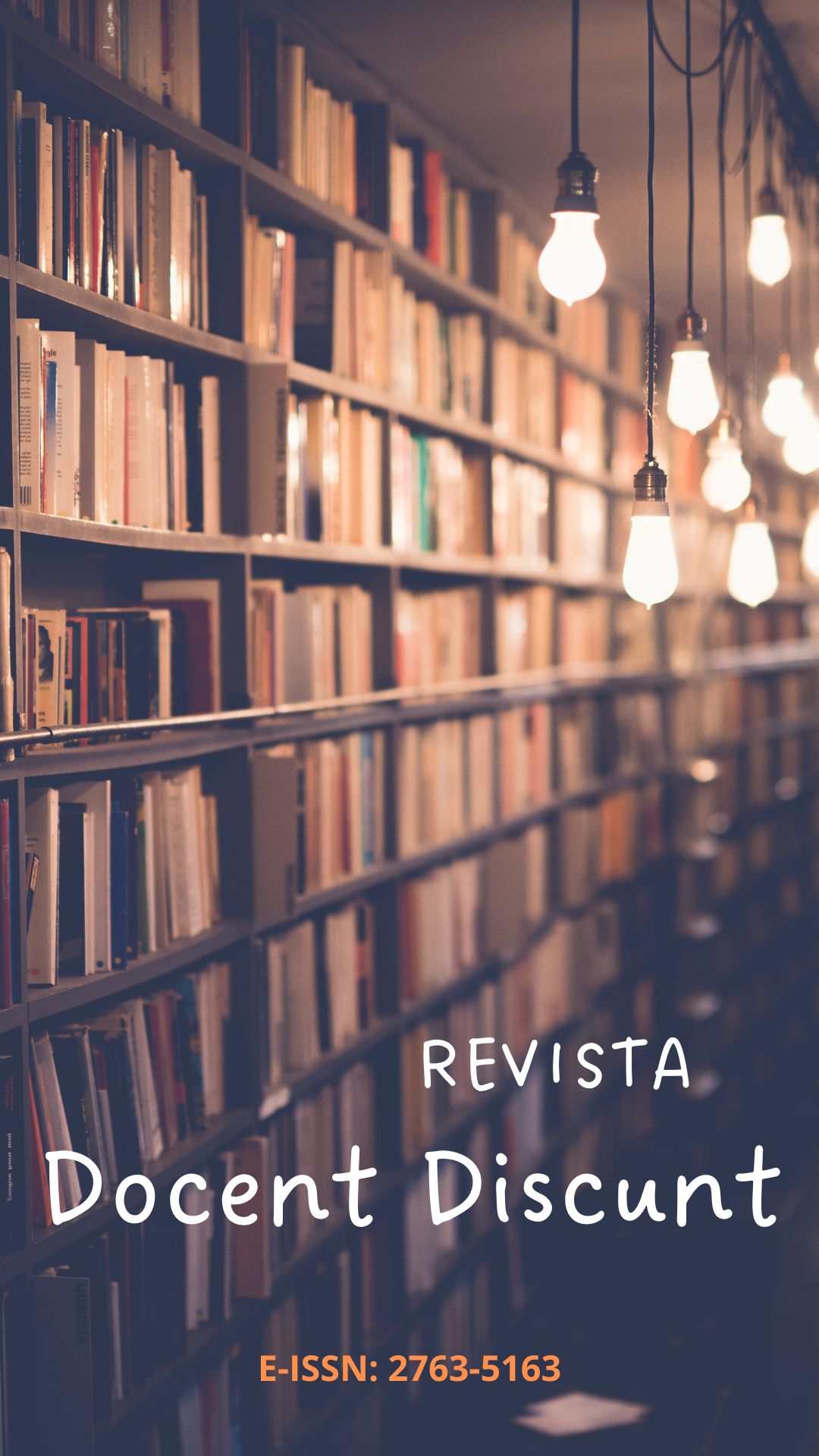Abstract
The ancient Greek writers spoke little about what was between the lines. Their concern was with what was evident from the lines and, above all, their possible interpretations. That does not mean there was nothing to read between the lines: ancient Greeks were experts at filling in between the lines. The Greek city was a society that regulated almost every aspect of life, including morals, religion, and art. Nevertheless, one activity remained essentially private and transpolitical: philosophy. Indeed, philosophers rejected the dominant ideas of society, even though these ideas were strongly embraced on the surface of their writings. They thus revealed what could not be made explicit, except to a select group of acolytes. Hence the invitation to a hermeneutics of distrust. The objective here is, therefore, to examine the so-called “noble lie”, told by Socrates in the Republic (415a-d), about his proposed stratification of Greek society, to understand the educational system proposed in Plato’s pedagogical work, and its social and political implications for educational work.
References
ARRUZZA, Cinzia. The private and the common in Plato’s Republic. History of Political Thought, v. 32, n. 2, p. 215-233, 2011
AUSTIN, C. (Ed.). Comicorum Graecorum fragmenta in papyris reperta. Berlin: De Gruyter, 1973.
ARISTOTELES. Problemata. In: BEKKER, I. (Ed.). Aristotelis opera. Berlin: Reimer, 1960 [1831]. v. 2.
BARSTCH, Shadi. Plato’s Republic in the People’s Republic of China. Know, v. 3, n. 1, p. 167-191, 2019.
BERTI, Enrico. Existe uma ética nas “doutrinas não escritas” de Platão? In: MIGLIORI, Maurizio; VALDITARA, Linda M. N. (Orgs.). Plato ethicus: a filosofia é vida. Tradução: Silvana C. Leite e Élcio de G. Verçosa Filho. São Paulo: Loyola, 2015. p. 39-54.
BURNYEAT, M. F. Utopia and fantasy: the practicability of Plato’s ideally just State. In: HOPKINS, J.; SAVILE, A. Psychoanalysis, mind and art. Oxford: OUP, 1992. p. 175-187.
ERBSE, H. (Ed.). Scholia Graeca in Homeri Iliadem: scholia vetera. Berlin: De Gruyter, 1974. v. 3.
DODDS, E. R. The Greeks and the irrational. Berkeley: University of California Press, 1973 [1951].
EUSTATHIUS. Commentarii ad Homeri Iliadem. In: VAN DER VALK, M. (Ed.). Eustathii archiepiscopi Thessalonicensis commentarii ad Homeri Iliadem pertinentes. Leiden: Brill, 1979. v. 3.
GREENE, W.C. (Ed.). Scholia Platonica. Haverford, PENN: American Philological Association, 1938.
HAUBOLD, J. H. Shepherd, farmer, poet, sophist: Hesiod on his own reception. In: BOYS-STONES, G. R.; HAUBOLD, J. H. (Eds.). Plato and Hesiod. Oxford: OUP, 2010. p. 11-30.
HOMERO. Ilíada. Tradução: Carlos Alberto Nunes. Rio de Janeiro: Ediouro, 2001.
KAMTEKAR, Rachana. Speaking with the same voice as reason: personification in Plato’s psychology. Oxford Studies in Ancient Philosophy, v. 31, p. 167-202, 2006.
KASIMIS, Demetra. Plato’s open secret. Contemporary Political Theory, v. 15, p. 339-357, 2015.
KEUM, Tae-Yeoum. Plato’s myth of Er and the reconfiguration of nature. American Political Science Review, v. 114, n. 1, p. 54-67, 2020.
LEE, Desmond (Trad.). Plato: The Republic. 2. ed. New York: Penguin, 1979 [1955].
McCLINTOCK, Robbie. Homeless in the house of the intellect: formative justice and education as an academic study. New York: Laboratory for Liberal Learning, 2005.
MELZER, Arthur M. Philosophy between the lines: the lost history of Esoteric writing. Chicago & London: University of Chicago Press, 2014.
MORAVCSIK, Julius. Platão e platonismo: aparência e realidade na ontologia, na epistemologia e na ética. Tradução: Cecília C. Bartalotti. São Paulo: Loyola, 2006.
NIETZSCHE, F. W. Genealogia da moral: uma polêmica. Tradução: Paulo César de Souza. São Paulo: Companhia de Bolso, 2009.
NIETZSCHE, F. W. Vontade de potência. Tradução: Mário Ferreira dos Santos. Petrópolis: Vozes de Bolso, 2017.
PATTERSON, Annabel. Reading between the lines. London: Routledge, 1993.
PEREIRA, Isidro. Dicionário grego-português e português-grego. 7. ed. Braga: Apostolado da Imprensa, 1990?.
PLATO. Respublica. In: BURNET, Ioannes (Ed.). Platonis opera. Oxford: OUP, 1986 [1910]. v. 4, p. 327-621.
POPPER, Karl. The open society and its enemies. 5. ed. rev. Princeton: Princeton University Press, 1966.
PRICE, A. W. Plato: ethics and politics. In: TAYLOR, C. C. W. (Ed.). From the beginning to Plato. Routledge History of Philosophy. London & New York: Routledge, 1997. v. 1, p. 364-391.
ROWETT, Catherine. Why the philosopher kings will believe the noble lie. Oxford Studies in Ancient Philosophy, v. 50, p. 67-100, 2016.
SCHOFIELD, Malcolm. Approaching the Republic. In: ROWE, C.; SCHOFIELD, M. (Eds.). The Cambridge history of Greek and Roman political thought. Cambridge: CUP, 2000. p. 190-232.
STEIN, Zachary. Myth busting and metric-making: refashioning the discourse about development. Integral Leadership Review, v. 8, n. 5, 2008.
STRAUSS, Leo. Persecution and the art of writing. Chicago & London: University of Chicago Press, 1988.
VALDITARA, Linda M. N. Introdução. In: MIGLIORI, Maurizio; VALDITARA, Linda M. N. (Orgs.). Plato ethicus: a filosofia é vida. Tradução: Silvana C. Leite e Élcio de G. Verçosa Filho. São Paulo: Loyola, 2015. p. 9-38.
VIANU, Lidia. Censorship in Romania. Budapest: Central European University Press, 1998.
WENDEL, K. Scholia in Theocritum vetera. Leipzig: Teubner, 1967 [1914].
WILDERBING, James. Curbing one’s appetites in Plato’s Republic. In: BARNEY, Rachel; BRENNAN, Ted; BRITTAIN, Charles (Eds.). Plato and the divided self. Cambridge: CUP, 2012. p. 128-149.

This work is licensed under a Creative Commons Attribution 4.0 International License.
Copyright (c) 2023 Journal of Docent Discunt

